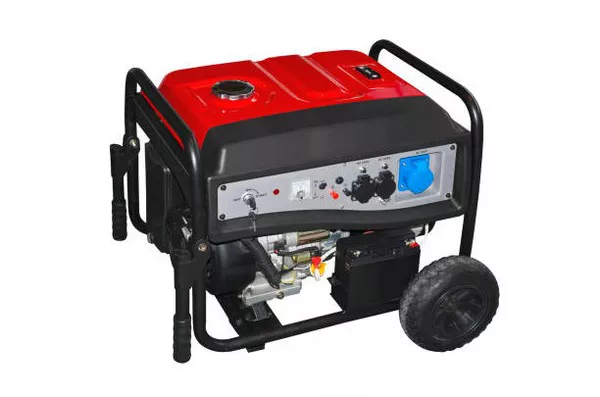In an era characterized by increasing dependence on electricity for daily life, the question of whether it is worth investing in a whole house generator has become more relevant than ever. Power outages, whether caused by severe weather conditions, infrastructure failures, or unforeseen events, can disrupt our lives and compromise the functionality of essential appliances. In this article, we will delve into the various aspects of whole house generators, exploring their benefits, costs, and considerations to help you make an informed decision.
Reliability in Times of Uncertainty:
One of the primary advantages of installing a whole house generator is the assurance of uninterrupted power supply during outages. Whether you live in an area prone to severe weather events or simply want to safeguard your home against unexpected power failures, a whole house generator acts as a reliable backup, providing electricity to your entire residence.
During prolonged power outages, essential appliances such as refrigerators, heating and cooling systems, medical equipment, and communication devices remain operational, ensuring the well-being and safety of your family. Additionally, a whole house generator eliminates the need for temporary solutions like portable generators, offering a seamless transition between grid power and backup power.
Financial Considerations:
While the initial cost of purchasing and installing a whole house generator can be substantial, it is crucial to consider the long-term financial benefits and potential cost savings. The value of preserving perishable food items during an outage, preventing damage to electronic devices, and maintaining a comfortable living environment can outweigh the upfront investment.
Moreover, a whole house generator may increase the resale value of your property. Potential homebuyers often view backup power systems as a valuable asset, especially in regions with a history of frequent power outages. This can translate into a competitive advantage when selling your home, providing a return on investment that goes beyond the immediate benefits of uninterrupted power.
Tailored Solutions for Different Needs:
Whole house generators come in various sizes and capacities, allowing homeowners to choose a system that aligns with their specific needs. The selection process involves assessing the size of your home, the number of appliances you want to power during an outage, and your budget constraints. Some generators are designed to cover essential loads, ensuring critical appliances are operational, while others offer a comprehensive solution, powering the entire house.
Modern whole house generators often come equipped with advanced features, such as automatic transfer switches and remote monitoring capabilities. These enhancements contribute to a seamless and hands-free operation, ensuring that the generator activates automatically when a power outage is detected and switches back to grid power once it is restored. This level of automation adds convenience and peace of mind to the overall experience of owning a whole house generator.
Environmental Considerations:
In recent years, there has been a growing awareness of environmental sustainability, prompting homeowners to consider the ecological impact of their choices. Whole house generators powered by clean energy sources, such as natural gas or propane, present a more environmentally friendly alternative to traditional fossil fuel options. These generators produce lower emissions and contribute to a reduced carbon footprint, aligning with the global effort to address climate change.
Maintenance and Longevity:
Proper maintenance is essential to ensure the longevity and reliable performance of a whole house generator. Regular servicing by qualified technicians, adherence to maintenance schedules, and prompt repairs in case of malfunctions contribute to the generator’s overall efficiency. While maintenance costs are an inevitable consideration, they are a small price to pay for the peace of mind and security provided by a well-maintained backup power system.
See Also What Is A Generator Used For
Conclusion:
In conclusion, the decision to invest in a whole house generator involves a careful consideration of various factors, including your specific needs, budget constraints, and environmental concerns. While the upfront costs may be significant, the long-term benefits, both in terms of convenience and potential cost savings, make the investment worthwhile for many homeowners. As technology continues to advance, whole house generators offer increasingly sophisticated solutions, making them a valuable asset in ensuring uninterrupted power supply during uncertain times. Ultimately, the choice to install a whole house generator is a personal one, but understanding the diverse advantages they offer can help you make an informed decision that aligns with your priorities and values.

